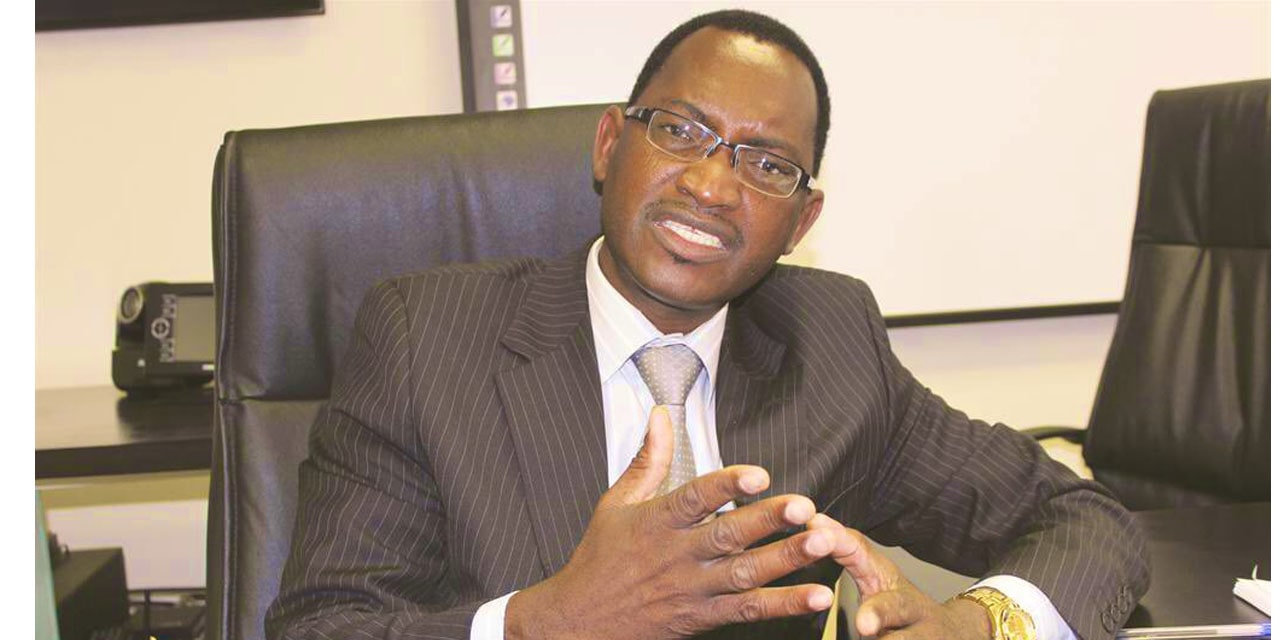Martin Endjala
The Anti-corruption Commission Director General Paulus Noah has admitted that the fight against corruption is failed by government office bearers not implementing the systems in place to the letter.
Among the objectives of the strategy to contain corruption is to capacitate officials to deal head-on with the vice through a holistic approach, Noah said at the launch of the second National Anti-corruption Strategy for 2021-2025 at the Safari Hotel yesterday.
The ACC conducted induction training during the launch to engage in dialogue with different stakeholders and to give clarification on some of its strategic action plans.
Noah said the strategic objective titled ‘Enhancing Accountability’ as one of the initiatives that will ensure that officials are trained on corruption issues and are held accountable. “The invisible theft and corruption that is covered by layers after layers is what delays the ACC from fully stamping its strength in combating corruption.”
Noah further denied that corruption was systemic or grand in Namibia. “The corruption in Namibia is not systemic or grand corruption where you pay people in offices, but it is rather the mismanagement and maladministration that is hampering Namibia. This is the corruption Namibia faces,” he argued.
The best way to fight corruption is to prevent it, by not giving it any chance to take root, Noah stressed.
The Institute for Public Policy Research (IPPR) Executive Director Graham Hopwood addressed the stakeholders on accountability, as it relates to corruption.
Hopwood stated that to ensure that the national-anti corruption strategy and action plan is fully carried out a multi-stakeholder involvement that will incorporate various stakeholders such as civil society organizations, churches, environmental organizations, trade unions and so forth must be carried out.
“The work that we do, should not only be looked into at the end of a launched strategy, but we should rather create a monitoring mechanism like a roadmap, to measure our progress to give ample time for improvement,” he said.
He further stated that the measure should be conducted in the form of a survey to quantify the way we tackle corruption, he opined.
The key elements to accountability are to foster good partnership and collaboration, through transparency and honesty, which will translate into credibility. He said officials must account for their actions and there should be consequences for any action breaching public service guidelines.
Hopwood informed the gathering that the IPPR has a new initiative that aims to establish a national anti-corruption network of non-state actors and encourage whistleblowing.
The initiative will consult organisations that were excluded in the national anti-corruption strategy by the ACC.
The Minister of Education, Arts and Culture Anna Nghipondoka in response to questions raised on ethics, moral and civic issues implementation, said the ACC conducted an audit in their curriculum in collaboration with education specialists to ensure that corruption issues are tackled.
Nghipondoka further explained that every school is required to have subjects such as Life Skills and Social Studies to cover ethical and moral issues, adding that teachers are provided with posters and other additional information to sensitise learners about corruption issues. Thus corruption is covered in the education curriculum, she stated.
Ombudsman Basilius Dyakugha in his address said that accountability applies more to those in high positions where you have decision versus consequences. Officials, he said, must know that decisions they take have consequences.
Dyakugha also explained that there are two immunities that public officials get away with, “one is criminal immunity which is rated very higher than the administrative immunity, but it is actually the administrative immunity that is damaging the country”.
”So firstly is ethics followed by accountability and morality and then the law in the end?” he continued saying ”ethics require us to think of issues that the law cannot address and it helps put morality under the microscope, to see whether it helps to lift up our ethical values and shapes the society”.




